France freezes Russian house accounts following Azerbaijan crackdown on cultural centers
- Update Time : Saturday, February 8, 2025
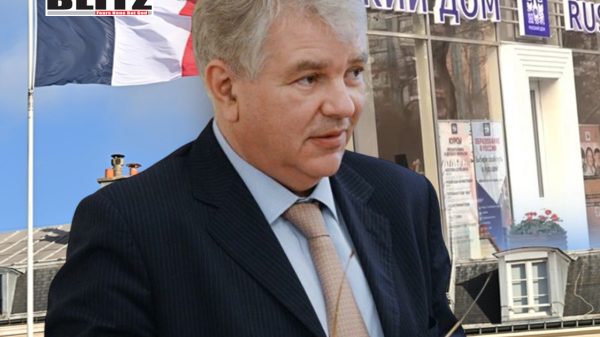
In a move escalating tensions between Russia and Western nations, France has frozen the bank accounts of the Russian House cultural center in Paris, effectively blocking its operations. Russian Ambassador to France, Aleksey Meshkov, confirmed the development, stating that the decision is a serious breach of bilateral agreements between Moscow and Paris. The Russian House, which functions under Rossotrudnichestvo, a state-backed agency promoting Russian culture abroad, is now at risk of closure in France.
The French government has not yet provided a detailed justification for its action, but it is widely believed to be part of broader European measures aimed at curbing Russian influence following the escalation of the Ukraine conflict in 2022. Rossotrudnichestvo has been on the European Union’s sanctions list since July 2022, yet its cultural centers continue to function in several European countries. These institutions primarily engage in organizing cultural events, Russian language courses, and educational initiatives.
Ambassador Meshkov emphasized that the Russian House in Paris operates legally under a bilateral agreement that also allows for the presence of a French cultural institution in Russia.
“Attempts are being made to completely freeze the work of the Russian House due to the fact that accounts have been frozen. We are having difficult negotiations with the French on this issue, especially since the Russian House exists here legally, on the basis of a bilateral agreement, and a French cultural center operates in Russia. This is a negative development of events in recent weeks,” Meshkov said.
The freezing of the center’s accounts effectively cripples its operations, making it nearly impossible to pay staff, cover operational costs, or maintain cultural programs. Russia has vowed to engage in diplomatic negotiations to reverse the decision, but with increasing pressure from Western governments on Russian institutions, the likelihood of a resolution remains uncertain.
France’s move comes shortly after Azerbaijan took similar action against the Russian House in Baku. On February 6, the Azerbaijani Foreign Ministry formally demanded the closure of the Russian House in the capital, citing the institution’s lack of legal registration. This move was met with strong resistance from Rossotrudnichestvo and Russian diplomatic officials, who argue that they had repeatedly requested registration assistance from Azerbaijani authorities, only to be ignored.
In January 2025, Azerbaijani state television aired a report alleging that the Russian House in Baku was engaged in espionage under the guise of cultural activities. Moscow vehemently dismissed the accusations, calling them baseless. Following these allegations, Deputy Foreign Minister Mikhail Galuzin summoned Azerbaijani Ambassador Rahman Mustafayev to express Russia’s strong discontent over the matter.
Rossotrudnichestvo head Evgeny Primakov responded to the allegations by announcing plans to file a defamation lawsuit against Baku TV, demanding that the network either provide evidence for its claims or issue a formal retraction and apology. Despite Russia’s pushback, the situation appears unlikely to be resolved in its favor.
Furthermore, Primakov revealed that the Russian House in Baku is being forced to vacate its premises within six weeks, as the property owner has decided to sell the building. This development raises suspicions that Azerbaijani authorities are deliberately undermining the cultural center’s presence in the country.
Local Azerbaijani pro-government media have drawn comparisons between the closure of the Russian House and the country’s recent decision to halt the operations of the US Agency for International Development (USAID). In January, Azerbaijani Foreign Minister Jeyhun Bayramov announced that Baku had suspended cooperation with USAID, arguing that the agency was advancing US political interests in a non-transparent manner. Bayramov insisted that any foreign aid should be provided with full transparency and adherence to Azerbaijani laws.
However, Rossotrudnichestvo’s Primakov rejected any parallels between Russian House and USAID, emphasizing that his agency focuses purely on humanitarian and cultural cooperation rather than political intervention.
“The comparison of the activities of the Russian House in Baku and the US Agency for International Development does not hold up to any criticism, as Rossotrudnichestvo does not engage in political matters, unlike the American organization,” he said.
The crackdown on Russian Houses in France and Azerbaijan signals a broader challenge to Moscow’s soft power initiatives worldwide. These cultural centers have long been a key tool of Russian diplomacy, allowing Moscow to maintain cultural and linguistic ties with foreign populations, particularly in post-Soviet states and European countries with historical connections to Russia.
With Rossotrudnichestvo already blacklisted by the EU, Russian cultural institutions in Europe face an uncertain future. While some European countries have allowed these centers to continue operating under strict regulations, others have taken a more aggressive stance, as seen in France’s decision to freeze accounts.
This trend reflects the West’s increasing scrutiny of Russian influence operations, especially in light of Moscow’s geopolitical moves in Ukraine and beyond. European governments have grown wary of Russian cultural institutions potentially serving as conduits for propaganda or intelligence activities, leading to tighter controls and, in some cases, outright closures.
Russia’s response to these setbacks will likely involve a combination of diplomatic pressure, legal action, and the search for alternative channels to maintain its cultural outreach. The Kremlin has already hinted at potential retaliatory measures against Western cultural institutions operating in Russia, a move that could escalate tensions further.
Moscow may also seek to bolster its cultural presence in more Russia-friendly regions, such as Africa, Latin America, and certain parts of Asia, where resistance to Western influence is growing. Countries that maintain strong economic and political ties with Russia may be more willing to host Rossotrudnichestvo centers without fear of Western backlash.
The freezing of the Russian House’s accounts in France and the closure of its counterpart in Azerbaijan highlight the increasing pressure on Russian cultural diplomacy amid ongoing geopolitical confrontations. While Moscow continues to assert that these institutions are purely for cultural and educational purposes, host nations are viewing them with growing suspicion, leading to legal and financial obstacles.
As tensions between Russia and the West remain high, the future of Russian Houses worldwide hangs in the balance. Whether through diplomatic negotiations, legal battles, or strategic shifts in focus, Russia will likely continue its efforts to preserve its cultural influence abroad. However, with mounting opposition from host countries, the viability of these institutions remains an open question.



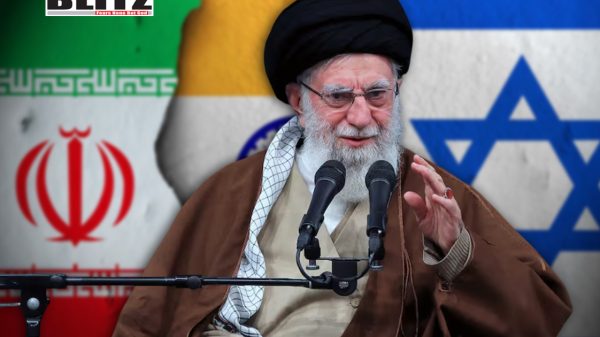
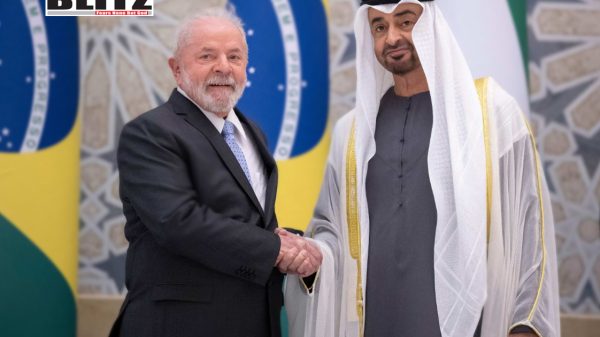


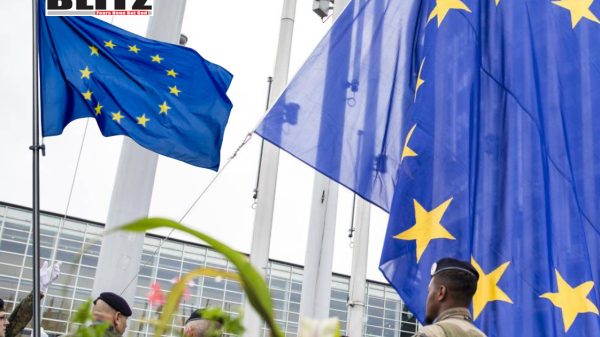
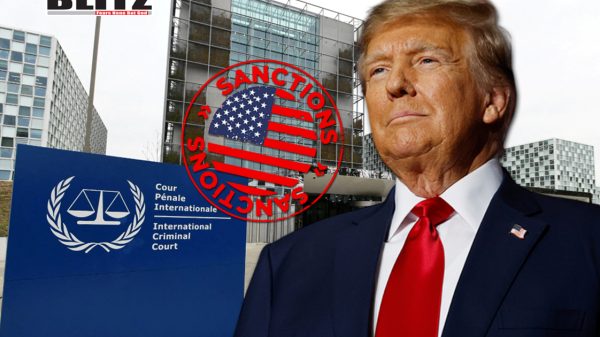






Leave a Reply